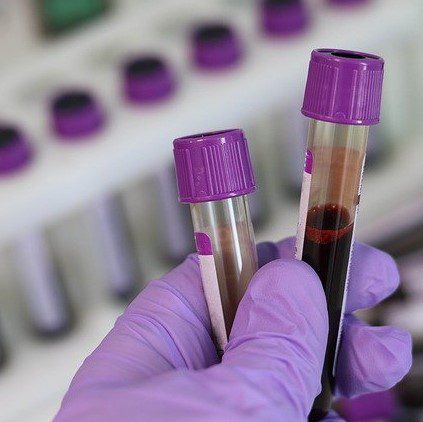This week, the USFDA granted a new marketing authorization for the ICHC Cancers Panel, thereby creating a new regulatory classification. According to a report in Inside Precision Medicine, the broad scope of the panel enables it to identify hundreds of variants related to a higher risk of developing specific cancers.
The ICHC Cancer Panel (ICHC)
The test evaluates DNA taken from blood samples and identifies variants in 47 genes associated with a high risk of certain cancers.
The ICHC panel analyzes genes related to cancers of the ovary, breast, uterus, prostate, and the gastrointestinal system, among others.
The IMC Panel (IMC)
The IMC panel evaluates 84 genes associated with hereditary malignancies across several organ systems.
The IMC has been created to increase diagnostic yields for individuals reporting a personal or family history of several types of cancers that affect various organ systems.
People with one or more genes containing pathogenic variants are at a higher risk of developing cancer. Researchers believe that these cancers can be difficult to diagnose and treat.
Next Generation Sequencing (NGS)
Invitae uses NGS, which has successfully provided information about multiple genes in the same test with speed and sensitivity, according to Dr. Jeff Shuren, Director of the FDA’s Center for Radiological Health.
Invitae Multi-Cancer Panel
The Invitae Multi-Cancer Panel is designed to maximize diagnostic yield for individuals with a personal or family history of mixed cancers affecting multiple organ systems.
The new authorization represents the first time the FDA granted de novo marketing authorization.
The newly approved blood test is the first of its kind to recognize hundreds of possible cancers associated with hereditary variants. Blood samples are analyzed by the ICH, which then searches for DNA variants (differences) in genes that may be susceptible to certain cancers.
Next-generation sequencing has proven to be helpful when there is a need for speed and sensitivity.
The FDA is establishing controls with its new authorization that will set out requirements for performance testing and labeling. The CDC estimates that there are over 100 variations of cancer. The disease remains the second leading cause of death in the US, with heart disease as the number one killer.
ASCO and Invitae Testing and Counseling
A research group from Vermont University’s Medical Center joined Invitae in testing patients whose cancer was in advanced stages and then offered genetic counseling to patients whose tests identified pathogenic variants.
Healthcare providers and patients participated in a survey to determine their opinions about the new testing process. 82% of participants felt confident that the information set out in their test results could be easily interpreted by patients.
Invitae’s Prescription Test requires collecting a specimen, usually from a doctor’s office. The specimen is then tested in a laboratory. The clinical analysis is determined by evidence from programs, databases, and specifically from the company’s variants database using criteria by professional organizations and accredited boards.
BRCA1 and BRCA2, for example, are perhaps the most recognizable genes identified by the tests. These genes are associated with breast and ovarian cancer syndrome.
The risks mostly associated with the tests are false negative results, whereby patients relying on incorrect test results would not receive critical care.
The IMC Panel was designed to broaden diagnostic yields for people with either a personal or a family history of cancers that affect various organ systems.








